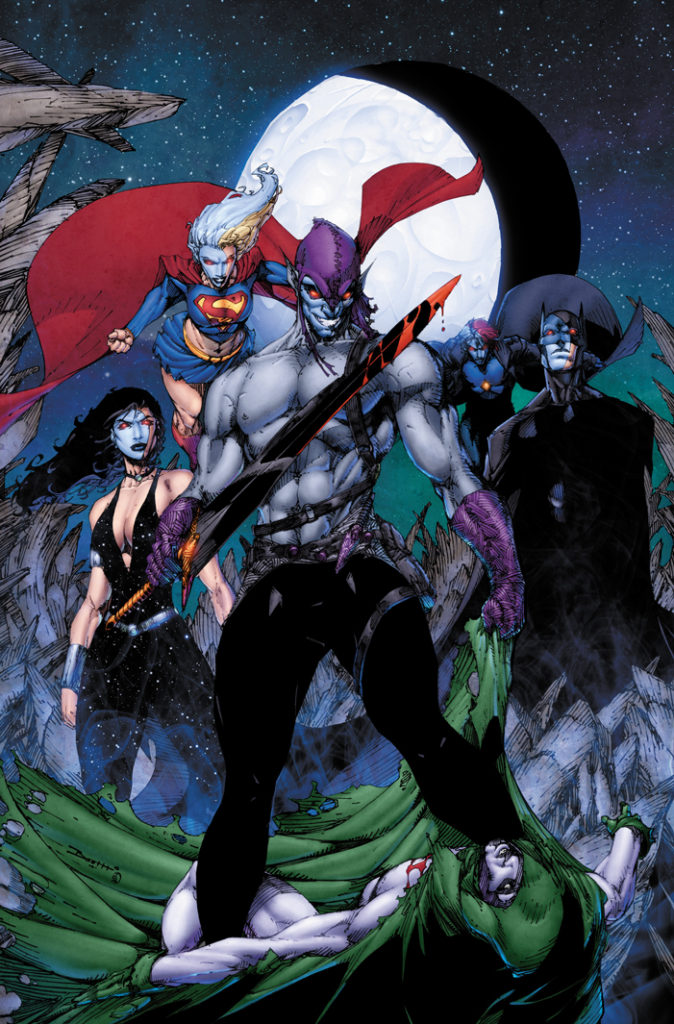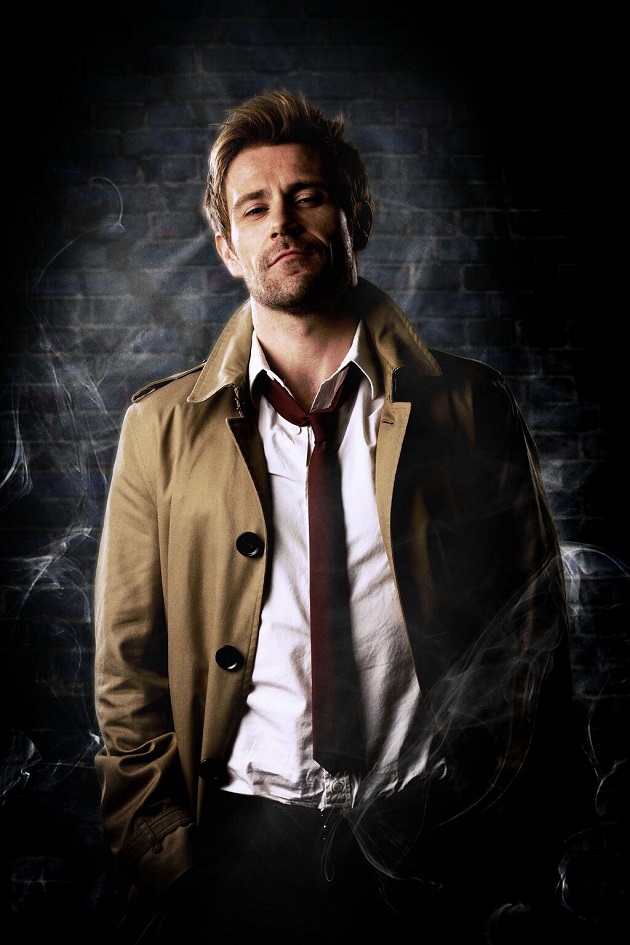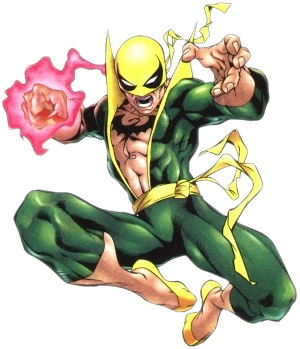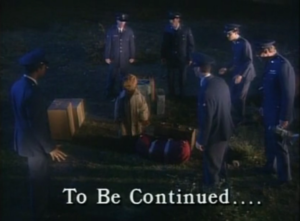It’s that time of year again. The time when I go through all the comic book-based TV shows of the year and tell you who did what the best.
Because if I have to think about it, you get to hear about it. That is the arrangement. That is what happens here.
The field has started to get a wee bit crowded, folks, so instead of recapping what ended, what started, etc., let’s just take a look at the players for the 2016/17 season.
Agents of SHIELD: In the wake of the Sokovia Accords (one last desperate link to the Marvel movies), SHIELD is reborn. With a new Director in place and Daisy “Quake” Johnson having gone rogue, Coulson and company deal with Ghost Rider, a mad scientist and his robots, and anti-Inhuman terror group the Watchdogs, all connected by the evil, slightly sentient spellbook the Darkhold.
Arrow: Call it “Green Arrow and the Forgotten Heroes.” After most of Team Arrow went their separate ways at the end of season four, Oliver Queen juggles being mayor of Star City with leading and training a new crew– featuring, among others, obscure DC characters Wild Dog, Ragman, and Mr. Terrific– to take on rising crime lord Tobias Church and the more vicious and lethal crimefighter Vigilante. But waiting in the wings is Prometheus, who’s out to prove that Oliver himself is Star City’s greatest monster.
The Flash: After altering the timeline while trying to save his parents, fastest man alive Barry Allen must come to terms with what he’s done to his friends’ lives, while also fending off Savitar, the self-described god of speed, and his acolyte Alchemy.
Iron Fist: Danny Rand, having gone missing after a plane crash when he was 10, returns to New York to reclaim his place at his family’s company, only to discover that it’s been infested by ninja death cult The Hand. Who as the Iron Fist, protector of the mystical city of K’un Lun, he is sworn to destroy.
iZombie: Eating brains to solve murders gets complicated when the all-zombie private military corporation Fillmore Graves (this show and their gag names) comes to Seattle, looking to make it the new zombie homeland… and word about the brain-eaters gets out around Seattle’s more gun-happy whackjobs. Seattle’s zombie population is stumbling towards Discovery Day.
Legends of Tomorrow: After taking down the corrupt Time Masters last season, the crew of the Waverider are now history’s only line of defence against time aberrations. With their captain missing, they’ll have to get good at it fast to stop the time-travelling Legion of Doom: speedster Eobard Thawne (Reverse Flash), Damien Darhk, Malcolm Merlyn, and some surprise bonus members, who are out to rewrite reality itself.
Legion: David Haller has long struggled with hallucinations and voices, but begins to realise that these aren’t delusions, they’re manifestations of his mutant powers. But something dark and terrible is hiding in his memories, and it’s a threat to David, his new mutant friends, and pretty much the whole world. Loosely based on the X-Men character and set in a non-specific corner of the (or at least an) X-Men film universe.
Lucifer: Lucifer Morningstar, former King of Hell turned bar owner, finds his efforts to solve murders with LAPD detective Chloe Decker complicated by the arrival of his mother, forgotten co-creator of the universe, escaped from Hell and out to reclaim her place in Heaven.
Luke Cage: Ex-convict Luke Cage moves to Harlem, where he finds himself at odds with local crime lord Cornell “Cottonmouth” Stokes and his cousin, Councilwoman Mariah Dillard.
Powerless: Witness everyday life in the DC Universe as Emily Locke moves to Charm City for her new job working for Bruce Wayne…’s vain, idiot cousin Van Wayne as the head of a Wayne Industries R&D department, designing products to protect civilians from superhero battles. It’s Better Off Ted with superhero references!
Preacher: Jesse Custer, a small-town preacher with a shady past, finds himself bonded to an entity called Genesis, which grants him the power to make anyone do whatever he says. He sets out the save the souls of his town, with help from his single-mom assistant Emily, hindrance from his criminal childhood sweetheart Tulip O’Hare, and a little of both from Irish vampire Cassidy. Then things get weird.
Riverdale: Aka “Sexy Archie.” Wannabe musician Archie Andrews, tightly wound girl-next-door Betty Cooper, aspiring crime novelist Jughead Jones, and recovering mean girl newcomer Veronica Lodge deal with a series of intrigues, at the centre of which is the murder of classmate Jason Blossom. From the Chief Creative Officer of Archie Comics and Greg Berlanti, mastermind of the Flarrow-verse.
Supergirl: As both Supergirl and a reporter for Catco World Media, Kara Danvers/Zor-El fights to protect the humans and alien immigrants of National City from anti-alien terrorists Cadmus, while helping recent arrival Mon-El of Daxam find his place on Earth. Sure hope Mon-El isn’t hiding anything…
Not submitted for review: Gotham and Walking Dead. Look, guys, I just… I just can’t. I’m six seasons behind on Walking Dead and not hearing a lot of reasons to catch up, and I considered catching up on Gotham, but when the third season premiere involved the second season’s two worst characters opening a nightclub, I just couldn’t. And everything I’ve heard about season three sounds awful. They are no longer portraying a variation of Batman lore I want to be around. My blog, my rules.
Those are the contestants. Let’s begin!
Best Fight Scene!
With Daredevil taking the season off, this category was Iron Fist’s to lose. And boy howdy did they ever lose it.
Honourable mentions*: The heroes of four series battle the Dominators at the end of “Invasion!” on Legends of Tomorrow; Team Arrow and Team Prometheus’ big throwdown in the finale of Arrow; nearly two complete teams of Legends take on the Legion of Doom in Legends of Tomorrow’s finale, which showed how much better the Legion were as villains than Vandal Savage… the Legends split up to fight three Vandal Savages, and all three kind of went down like punks, whereas against the Legion it took two teams just to keep casualties to a minimum.
*There are 13 shows and a lot of them did good work so we’re going to have to do some honourable mentions this year, deal with it.
Bronze: Bolero, Legion, “Chapter Seven”
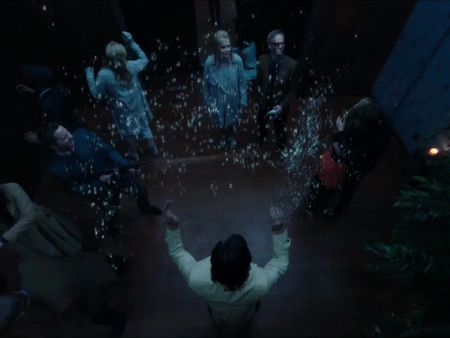
It’s not entirely a fight scene… I mean, there is a fight happening. A few fights happening. Just not, you know, entirely punch-related. But it is definitely an action sequence, and it’s visually, musically, and stylistically beyond compare. The only reason it’s ranked this low is because, again, much of it is not technically a fight sequence in the classic sense.
I’m not going to try to explain what exactly is going on here. It’s… it’s really complex. I promise you that if you watch the show it all makes sense in context but if I just try to explain it I’m going to sound like a crazy person.
Embedding YouTube videos sells these scenes better, but they do kind of tend to get taken down for copyright reasons, so… here it is, but if you haven’t watched the show, it’s not going to make a ton of sense. Or, well, any. But it is gorgeous.
Silver: Meet Cassidy, Preacher, “Pilot”
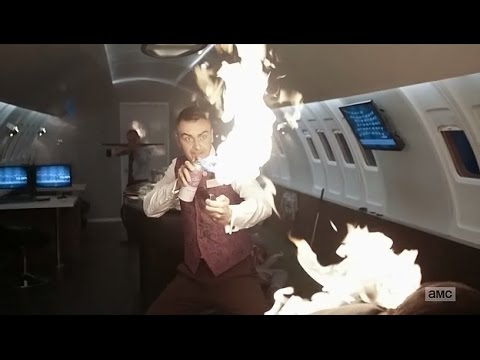
Our first exposure to Preacher’s Irish vampire Cassidy has him pouring drinks and snorting lines as a bartender on a private plane filled with jovial businessmen. But Cassidy comes across an… enthusiastically annotated bible, and we swiftly learn that the businessmen aren’t as jovial as we thought, and the plane is filled with more medieval weaponry than commercial air allows. Cue one epic ass-stomping.
Video while it lasts.
Gold: “You ready for that noise now?” Preacher, “Pilot”
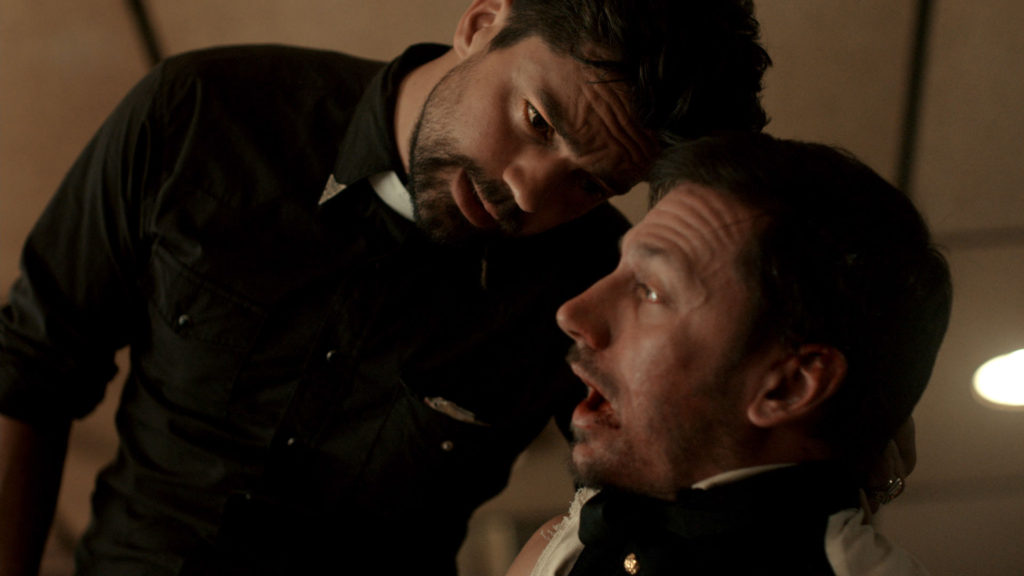
Yes, Preacher made the list twice. In its first episode. Fight me.
When we meet Jesse Custer in Preacher’s pilot, he’s a broken man. Ineffective as a preacher, quiet and withdrawn, but as the character’s creator Garth Ennis once described a different Preacher character, “in his eyes burn the embers of what was once an inferno.” When a kid in his parish asks Jesse to make his father stop hurting his mother, Jesse tries to look into it, only to find out this is more 50 Shades of Grey than Ike and Tina Turner. But the father, Donny, takes offence. While Jesse is drowning his sorrows, Donny and his buddies, fresh back from a Civil War re-enactment, strut into the bar looking for trouble.
They find it. They find more of it than they anticipated. The bad, bad man Jesse once was is re-awakened when Donnie threatens his own son. (And yes, the fact that they’re dressed as Confederate soldiers when Jesse stomps them down does make it more satisfying.)
Here’s hoping this video is still up when I publish this.
Most Emotional Moment
Given how many shows on this list are, in theory, action-based, you wouldn’t think this category would be harder to whittle down than “best fight.” But here we are. (Spoilers ahead, by the by.)
Honourable mentions: Three moments that narrowly, narrowly missed the podium, because it is Hell of competitive this year: Alex coming out to Kara and then breaking down when Maggie rejects her on Supergirl, because when Alex cries, I cry; Archie punching through a frozen river, bones breaking and blood spilling, in a desperate attempt to save a drowning classmate on Riverdale (Yes, Riverdale, FIGHT ME); Oliver’s confession to the team after falling for Prometheus’ trap on Arrow was both a crushing moment and proof of Oliver’s growth, since a year earlier he would have left certain details out.
Bronze: Major takes the Cure, iZombie, “Spanking the Zombie”
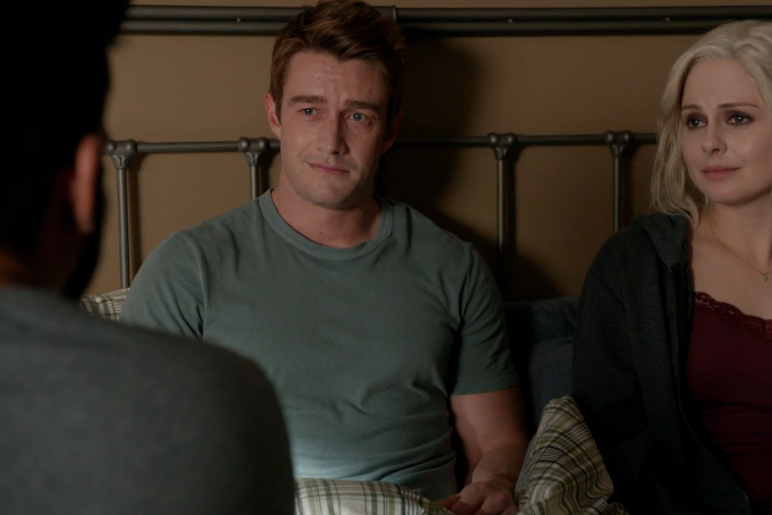
Poor Major Lillywhite.
Ravi’s second attempt at a zombie cure came with some unfortunate side effects: eventually it wears off, and then an indeterminate time after that, your lungs start filling with fluid and, despite your undead nature, you die. The only solution is his third attempt at a cure, but a few days after taking that, you lose your memory, possibly forever. Major’s not thrilled about losing his entire life to amnesia, but midway through the season, his time runs out. Major says a tearful farewell to his two closest friends, knowing that once he takes this injection, soon they’ll be strangers. He and Liv have one last night together before Major becomes human and every happy moment they ever had is swallowed by the fog. It’s sweet, but heartbreaking.
Silver: Oliver’s farewells, Arrow, “Invasion!”
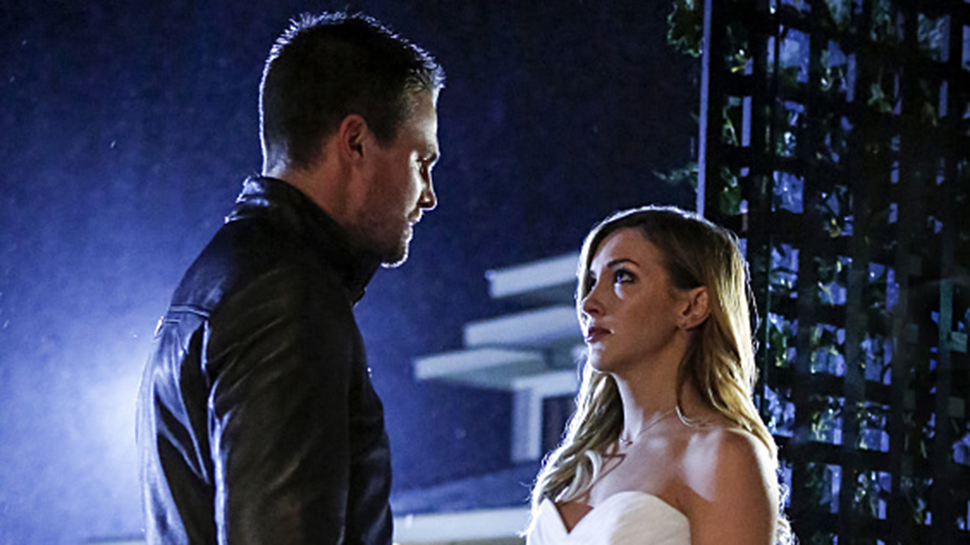
In the middle chapter of last season’s big crossover, all of the characters with significant connections to the previous four seasons of Arrow woke up in a world where the doomed voyage of the Queen’s Gambit never happened, where everyone’s life worked out simpler and happier. Oliver never became the Hood, let alone the Green Arrow, and instead is about to marry a still-alive Laurel in front of his not-dead parents. But it doesn’t take long for him to figure out something’s wrong. And he knows, on some level, that he’s going to have to give all of this up to make it right. He tries to elope with Laurel before the ceremony, just to be married to her for even one moment before she’s gone, but simulation-Laurel doesn’t go for it and soon it’s time. Instead of marrying Laurel, he has to say a final goodbye to his father, mother, and a tearful Laurel. It’s crushing, and Stephen Amell and Katie Cassidy rose to the occasion.
Gold: Lucifer’s choice, Lucifer, “Weaponizer”
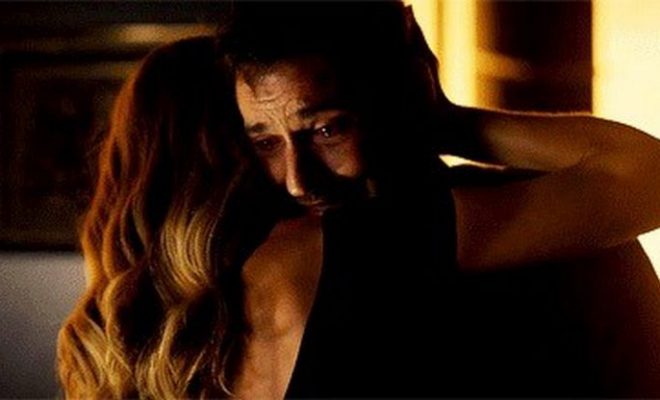
Lucifer’s little brother Uriel has come to town on a mission: his ability to read patterns and foresee their outcomes tells him that their Mother escaping Hell will lead to her returning to Heaven, being forgiven by their Father, who she’ll then destroy. So he gives Lucifer a choice: deliver Mom to be destroyed by Uriel (not returned to Hell, as they expected, but destroyed entirely thanks to the purloined blade of their sister, Azrael, angel of death… who by the way I’m dy– no, I’m above the feeble wordplay… desperate to see turn up in season three), or he’ll kill Lucifer’s partner, Chloe. Given that he’s already nearly killed Chloe twice by a) moving a skateboard a couple of inches, and b) bumping into someone so they drop their clipboard, then watching the ripples play out, we know he’s serious, and that there wouldn’t be much Lucifer could do to stop him.
Lucifer must make a painful choice. And the consequences of that choice tear him apart.
Best Story
Fire as many arrows as you like, make all the quips you can, fill the show with spectacular action… but while you’re doing that, you’d best be telling a good story.
Honourable Mention: This year’s annual DCW crossover, “Invasion!” didn’t just set a high bar for Netflix’s Defenders series, it set a high bar for the Justice League movie. It progresses stories for everyone, I can watch clips of the heroes just hanging out and celebrating their win over and over, I love that it opens with Barry and Oliver under attack, and closes with Barry and Oliver having a beer and talking about life… Keeping it off the podium was a heartbreaking call to make. But…
Bronze: Agents of Hydra, Agents of SHIELD
Aida, the Life Model Decoy prototype with dreams of free will, teams with the Russian leader of the Inhuman-hating Watchdogs to replace SHIELD’s leadership with LMDs. They place the real versions into a digital world called the Framework, which Aida designed by removing the occupants’ largest regret, starting with Agent May. Only Simmons and Daisy are left free, but they have to enter the Framework to free their compatriots. What follows is an intense, high-stakes, emotional journey through an artificial world ruled by Hydra.
Lovable characters go bad, bad guys become good, long-dead old friends return, new friends are lost, the season’s best villain takes centre stage, and Grant Ward gets a touching send-off, as we see the hero he could have been if not for his twisted mentor. And it all wraps up with the return of Ghost Rider.
Silver: The Secret Origin of David Haller, Legion
There’s a dark secret lying in David Haller’s memories. One he himself only seems occasionally aware of. What that secret is, what it means to the man who may be the most powerful mutant alive, and what that means for the world (nothing good) is the heart of Legion’s first season. It’s twisted, trippy… and pretty riveting.
Gold: “Sanvers,” Supergirl
Supergirl’s adoptive sister, Alex Danvers, never really had much luck in the love department. While season one didn’t go into this much, she certainly didn’t have any love interests. The closest she came was Maxwell Lord, but his occasional attempts to kill her sister really reduced his appeal. But then came Detective Maggie Sawyer.
Alex’s realization that the reason she’s never made it work with men is because she’s really into women, and specifically Maggie, is at times uplifting, heartbreaking, and adorable. Her coming out to Kara was a moving scene, and the pitfalls of her relationship with Maggie were reliably strong plot points. And if that’s not enough, check out this Twitter story about how Alex’s coming out did real good in the world. I mean, I loved Invasion! as much as anyone, but I highly doubt it helped anyone out of suicidal depression.
Worst trend
You know what’s worse than a bad plot point on a show you’re watching? The same bad plot point on five shows you watch.
Honourable mention: I don’t actually mind that four different shows involved the main characters waking up in an artificial reality created and controlled by the villain(s). None of them are bad episodes. Most of the time it was even the show’s high point. I just think it’s weird that there were so many, and three of them were right on top of each other.
Bronze: Who is the villain, anyway?
This one just barely makes the podium, because there’s a spectrum from good to bad. Sometimes not committing to one single Big Bad worked out: Arrow, Flash, and Agents of SHIELD had training villains/mini-bosses while the real Big Bads got their evil ducks in a row, and in most cases it worked. Moving along the spectrum, there’s Riverdale and iZombie, which didn’t present one main villain because they were murder mysteries and we weren’t supposed to know who the killers were right away. How that worked depends on how invested you were in the mystery. It gets murkier with Supergirl, which never committed to a main villain, but then the villains were secondary to the real season arc. Still though, it meant that when the major villains turned up, it got just a blasé “Oh, you again” reaction.
And on the far end of the spectrum we find Luke Cage and Iron Fist. Luke Cage had two to three good or even great villains, then threw them and their plots away to really focus on the half-assed Diamondback, at which point the show fell apart. Iron Fist could not make up its mind about who the main villain was: first it was obviously Ward Meachum, then Madame Gao and The Hand, then out of nowhere came Bakuto and his different branch of The Hand, and then in the finale they decided to ignore all of that for a sudden betrayal from Harold Meachum, finally paying off all of those plot threads that started earlier in the finale.
Some series made multiple villains work, so this only takes the bronze, but when this trend goes bad it goes really bad.
Silver: In name only
So you have a show based on a comic book character. What’s a great way to keep the Fan Service train running? Bring additional, hopefully related comics characters into the supporting cast. A sound idea I’m in favour of. But what seems to keep happening is that the shows are bringing in characters with familiar names who have nothing to do with their comics equivalents, and it’s weird and I don’t care for it. Now, doing your own thing with a character works to a point. I’m not going to trash Flash for not making Vibe a breakdancer who affects an offensively stereotypical Latino attitude around white people like comics Vibe did in the 80s, securing him the status of “worst Justice Leaguer” for years upon years. I’m not even going to get into Arrow or Flash handing characters different first names for no discernible reason (Curtis Holt instead of Michael Holt, or Dinah Lance going by Laurel… changing “Paco Ramon” to “Cisco Ramon” is probably okay, though). I’m not even talking about Arrow tweaking Prometheus or Supergirl making up their own Mon-El story, because of course they did, and they still have enough of the basic elements of their comics counterparts.
And I’m certainly not complaining about changing race or sexual orientation to add diversity. Turns out there are still an overwhelming amount of white, straight, cis-male characters on all of these shows, so black Jimmy Olsen, Latina Maggie Sawyer, and gay Mr. Terrific are doing more good than harm.
I’m talking when a TV version has nothing at all in common with the comic character whose name they’ve been given. Examples.
Supergirl: There is no single shred of Snapper Carr, the Justice League’s teen mascot who grew to be a mentor for young and inexperienced heroes, in Supergirl’s cranky news editor of the same name. Not one molecule.
Flash: Apparently “Gypsy” has become a controversial word, which is fair, since it is technically a slur against the Romani. So why court that controversy by naming a character “Gypsy” if she’s going to have a completely different powerset, costume, backstory, and personality from Vibe’s old Justice League Detroit teammate? The only thing they have in common is gender.
Arrow: Konstantin Kovar was a Russian superhero who worked with the Teen Titans, not a gangster. Just saying.
Powerless: This probably wasn’t the place for rigid comic accuracy, but comic Jack O’Lantern wasn’t a villain and Justice League Europe’s Crimson Fox shares nothing in common with Charm City’s local hero except similar costume aesthetics.
Gold: Secret Identity, Schmecret Identity
Secret identities sure used to be important to heroes. Helped them operate. These days? Luke Cage and Danny Rand didn’t even bother trying to hide their identities, which was stupid for so many reasons. All you need to do to get Flash to tell you who he is is say “How can I trust you when you’re wearing a mask.” It even works if you were trying to kill him an hour ago. The only major character who doesn’t know Kara Danvers is Supergirl is Lena Luthor; even her evil mother figured it out on her own. Entire government agencies know Flash, Green Arrow, and Supergirl’s identities. And things sure would have gone easier for SHIELD if Daisy Johnson had bothered to hide her identity when she went rogue between seasons.
Seems like the only character who can keep his real identity a secret is Lucifer, and he’s trying to tell everyone who he is, they just won’t believe him.
Next time… the best characters.

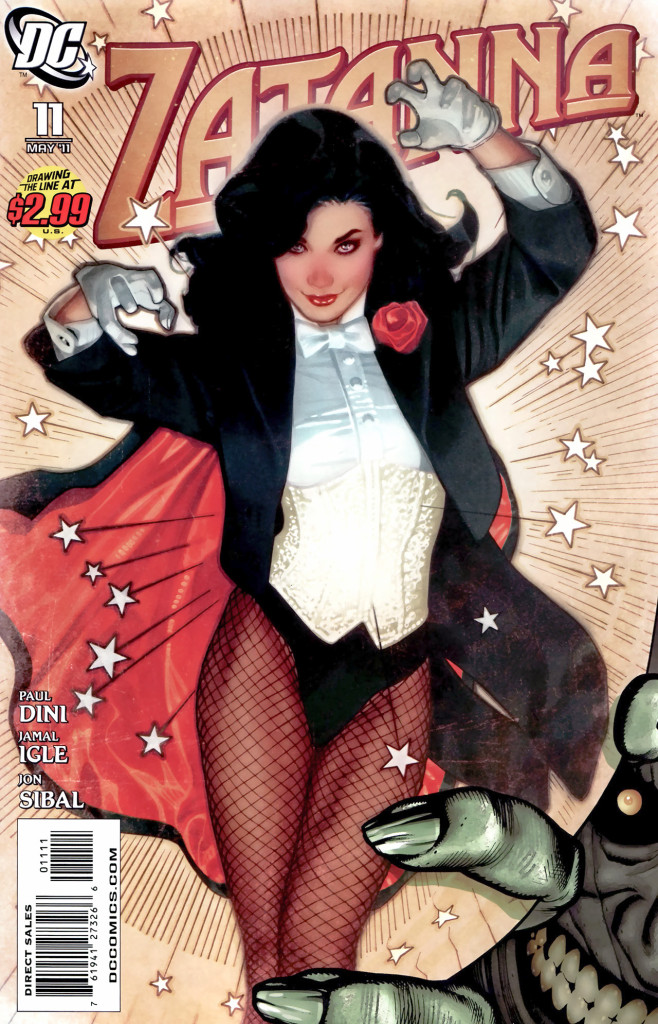
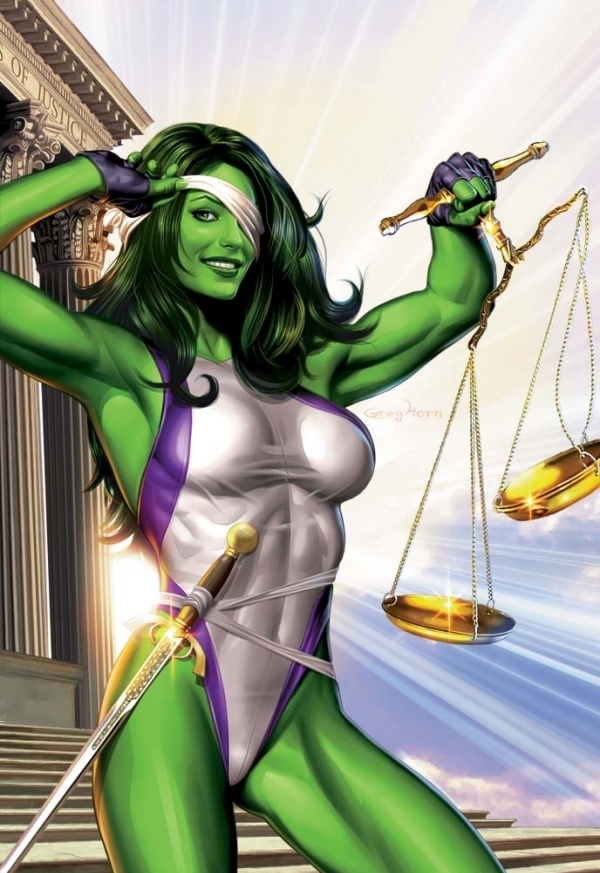
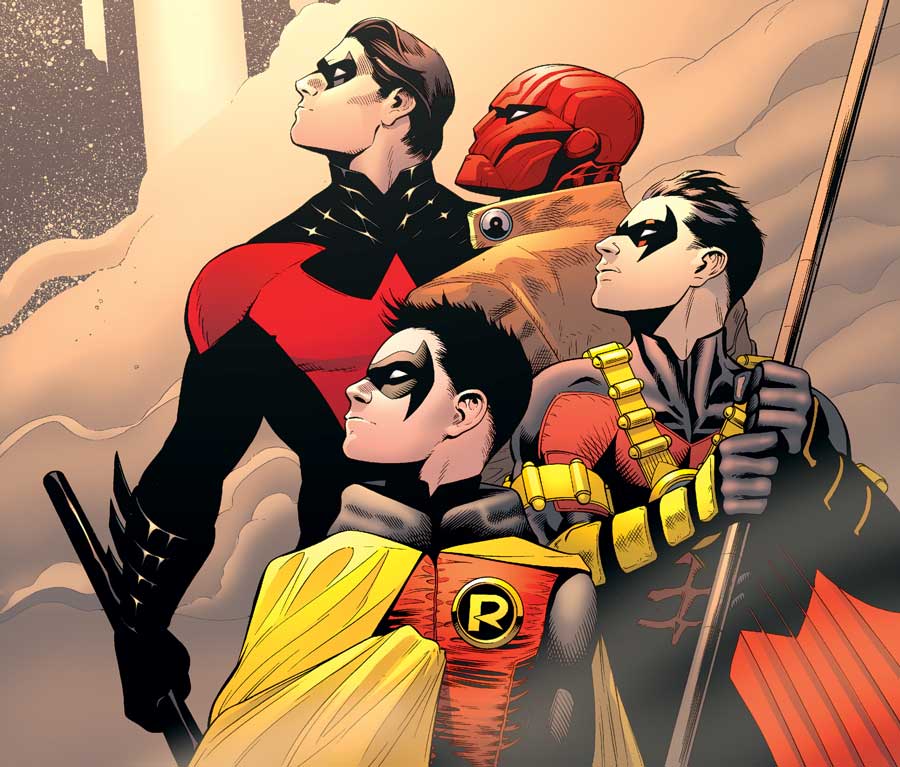
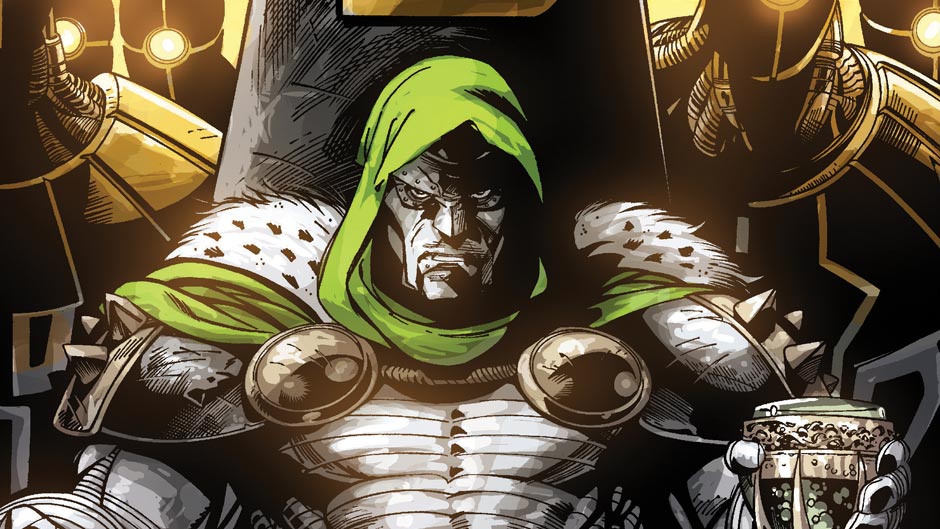
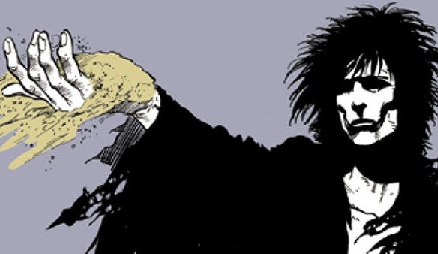
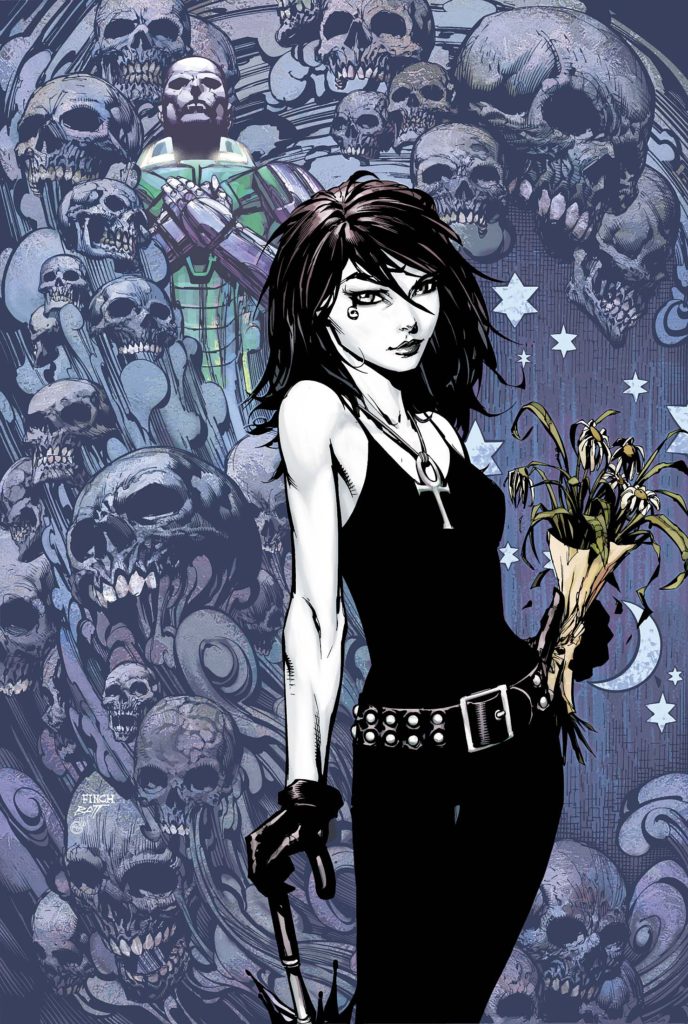
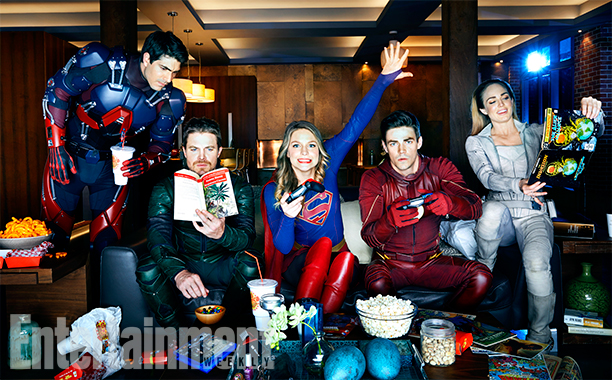
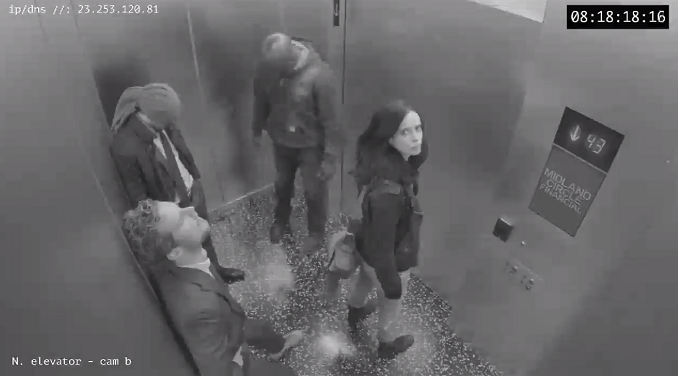

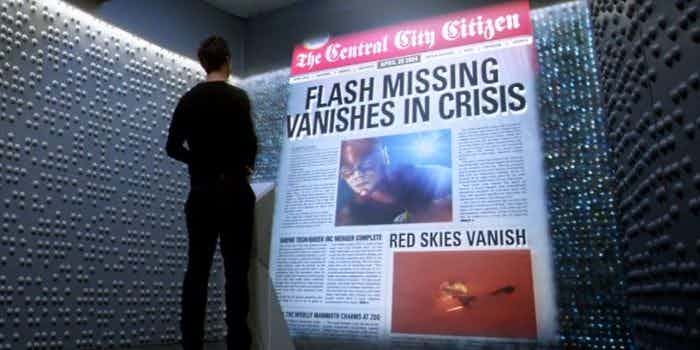
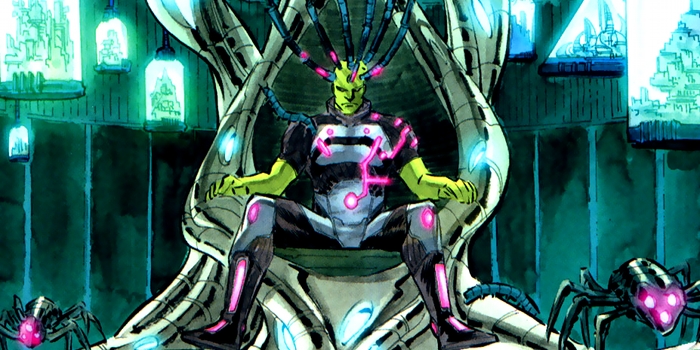
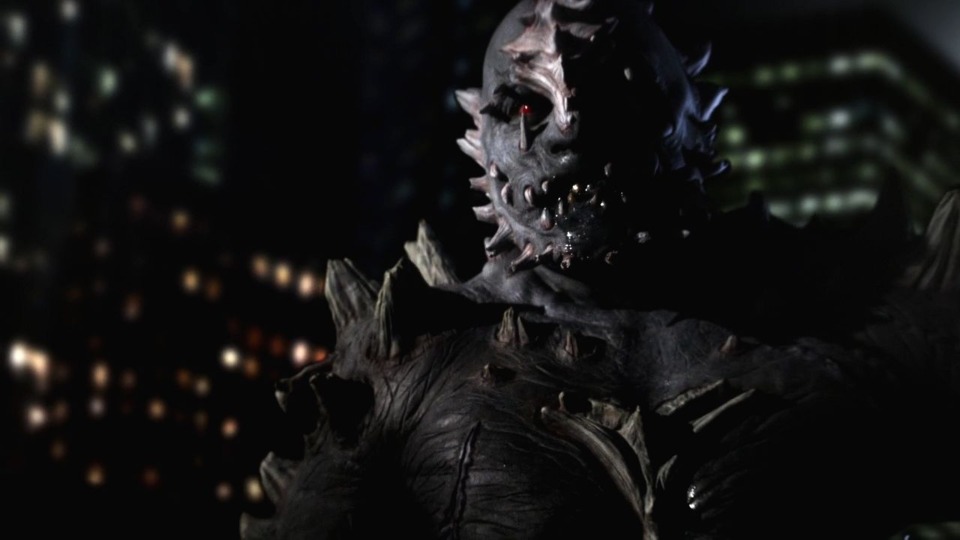
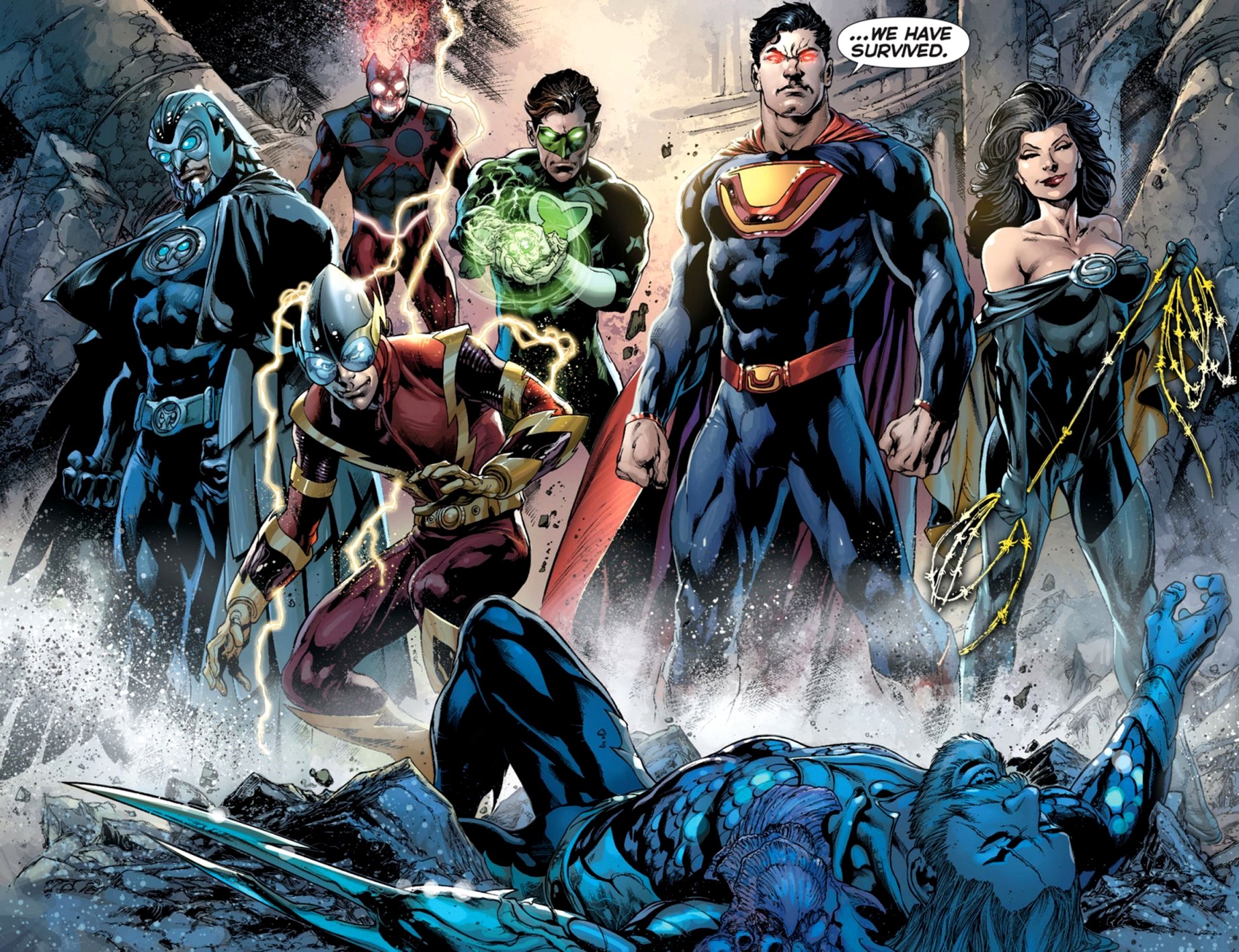
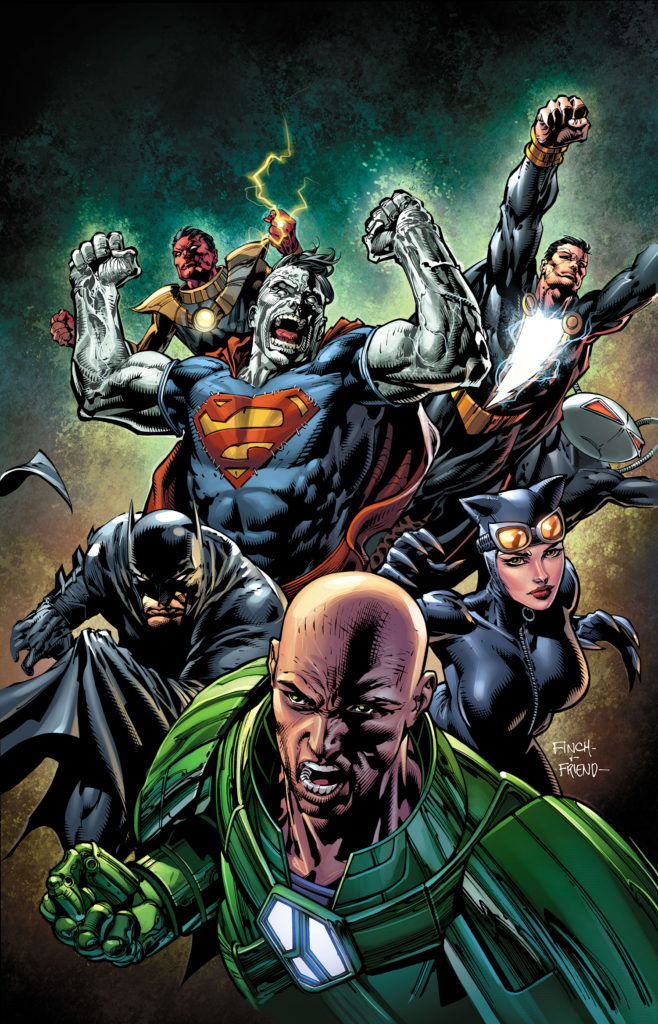
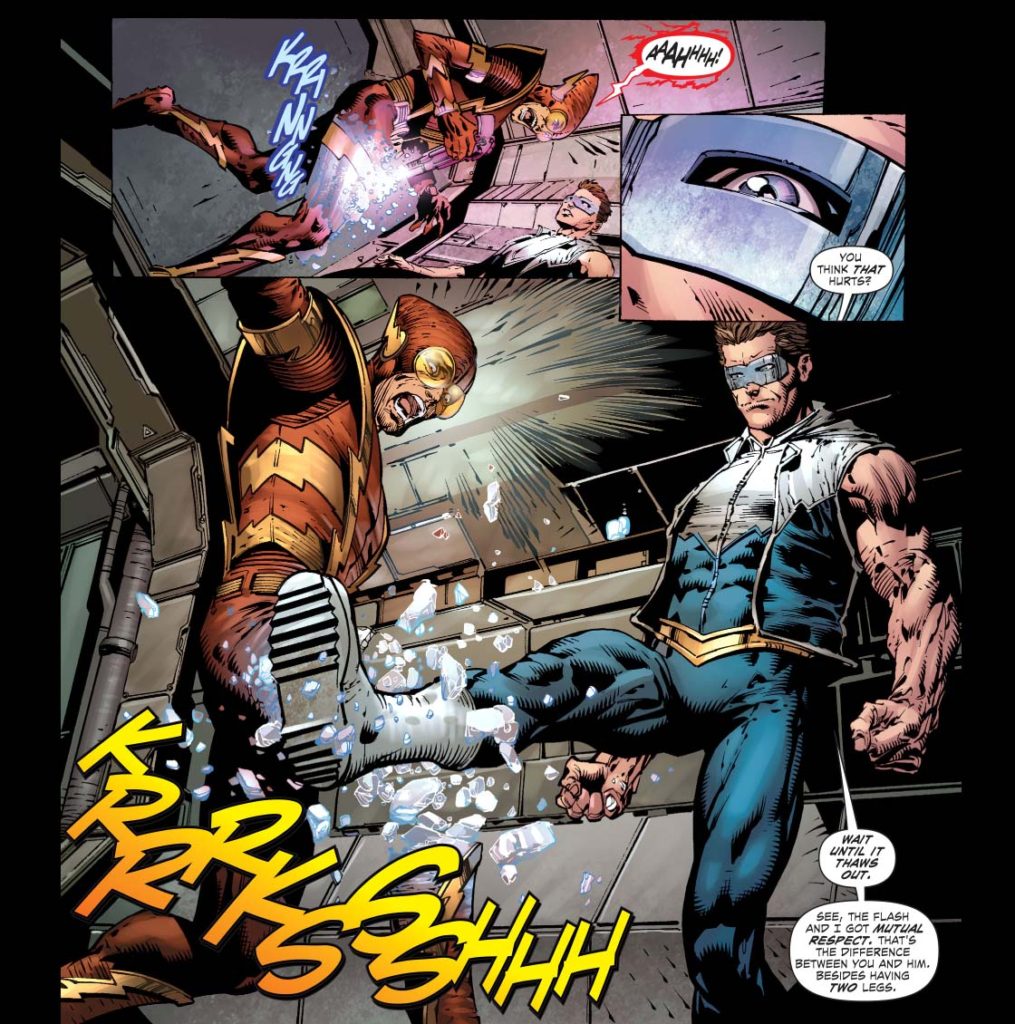 Why they might not do it: …Now that I look at it that is a lot of guest stars. A daunting amount of guest stars. Even if John Barrowman and Wentworth Miller renew their contracts to appear on all four shows.
Why they might not do it: …Now that I look at it that is a lot of guest stars. A daunting amount of guest stars. Even if John Barrowman and Wentworth Miller renew their contracts to appear on all four shows.